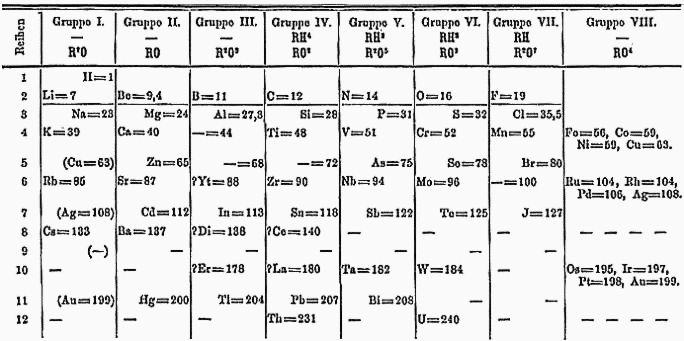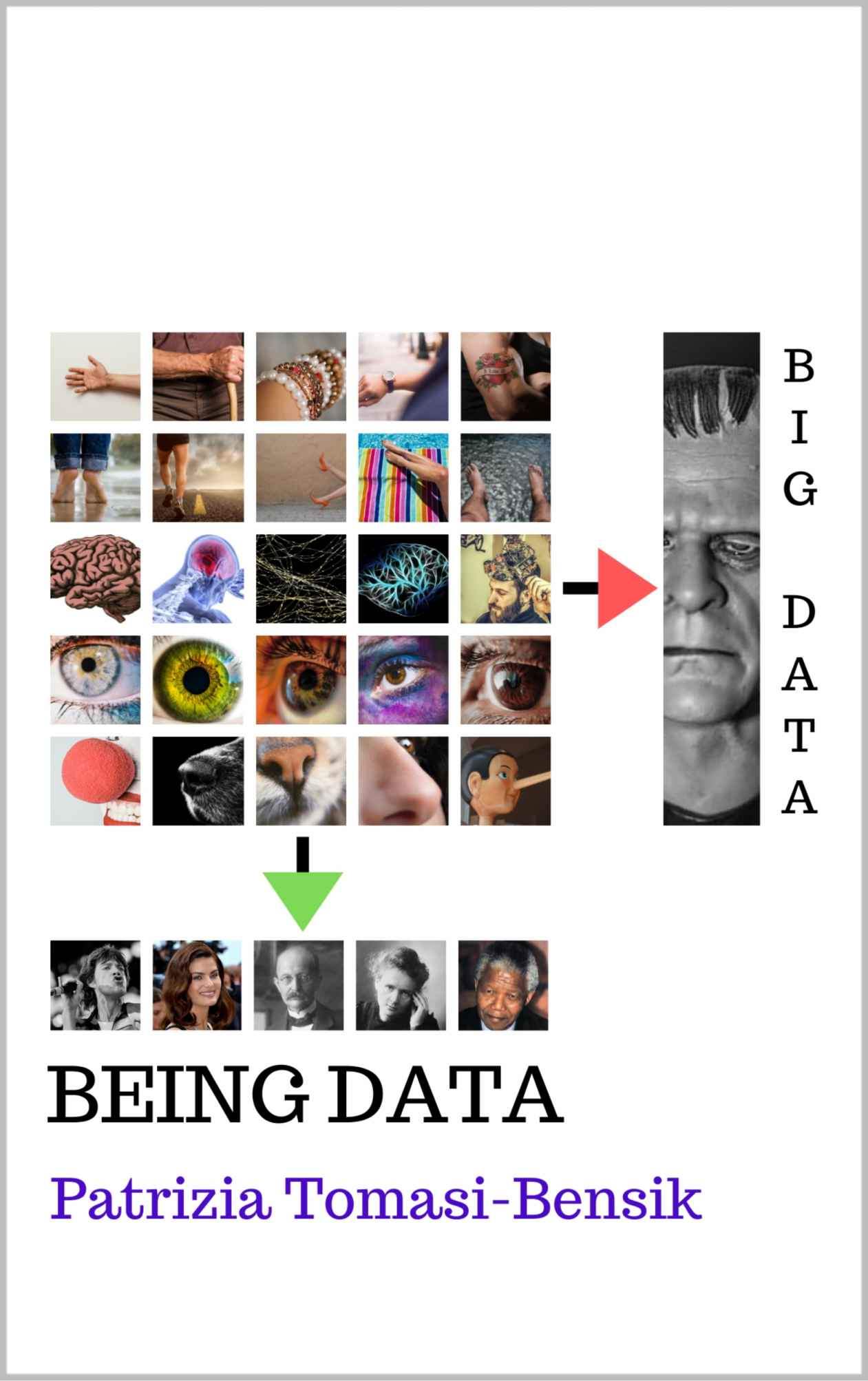Planck E PressCenter Articles
Mendeleev's Epiphany
Date published: 2023-07-28
Date modified: 2023-07-28
Reading time: 00:01:07

“I suppose when my unknown elements
are found, more people will pay us attention.”
Dmitri Mendeleev
In Physics, the prevailing theory tends to acquire an aura of perpetuity, when nothing could be further from the truth.
The genius Max Planck said that science advances at the rate of one funeral at a time. And that's about it. Today, Ptolemy's geocentrism seems like a joke, but Aristotle was a staunch defender, and no one dared disagree with the Almagest in antiquity.
To understand this, we must enter the mind of a physicist. Every hypothesis comes from the imagination. Depending on the quality of knowledge of those who have the idea, a theory emerges, and this must be mathematically proven. From there, what the theoretical physicist thought will be the subject of a search for confirmation by experimental physicists, who will build equipment that will allow the idea to be proven.
At this stage of events, the idea has already penetrated the Consensus and taken on an air of ultimate reality.
But what made us move from the Earth as the center of the Universe to Aristarchus' heliocentrism?
The splices. Ptolemy's epicycles and deferents had fundamental errors, but they pleased the Church. So for 1300 years, the Earth was the center of the Universe. So did Newtonian physics: when Planck explained that energy flows in "energy packets" rather than continuously, quantum mechanics was born.
When Mendeleev proposed the periodic table in 1869, electrons, protons, and neutrons were completely unknown to us. More or less like a talented chef de cuisine, Dmitri organized the 63 known elements and predicted 29 more. The description included the symbol and atomic mass of the elements, as well as the chemical and physical properties known at the time.
Why, then, does the periodic table persist when geocentrism and Newtonian physics are outdated? Two reasons: zeitgeist and the disfigurement of the original idea.
Although it originated in the imagination and resulted in a constructo, Mendeleev's periodic table has only evolved. It doesn't even have a change. Pure epiphany.
Recent Presscenter Articles
-
The Parametrization of Science
-
A Scientific Impossibility
-
The Unsustainable Stability of the Atom
-
The Bell-Curve and the Neutron
Planck E - Books
For further information about Planck E PressCenter, please contact us.
Divulging ingenious solutions
The mission of the Planck E PressCenter is to promote ideas, products and theories that have not yet reached the mainstream, as captured in our first release Eccentrics and their Ingenious Solutions.
Newsletter
Sign up for our weekly Planck E Newsletter, complete with the latest ingenious solutions.
Click here for the signup form.
Submit your ingenious solution
We encourage you to submit your ingenious solution, article, press release or "out of the mainstream" technical idea for publication on the Planck E PressCenter. Please send us an e-mail to presscenter@planck-e.com and enquire how.
To learn more about holistic engineering, solutions inspired by nature, monetization of diseconomies, training courses or the incorporation of Being Data to your day-to-day, please follow us on the social networks.



